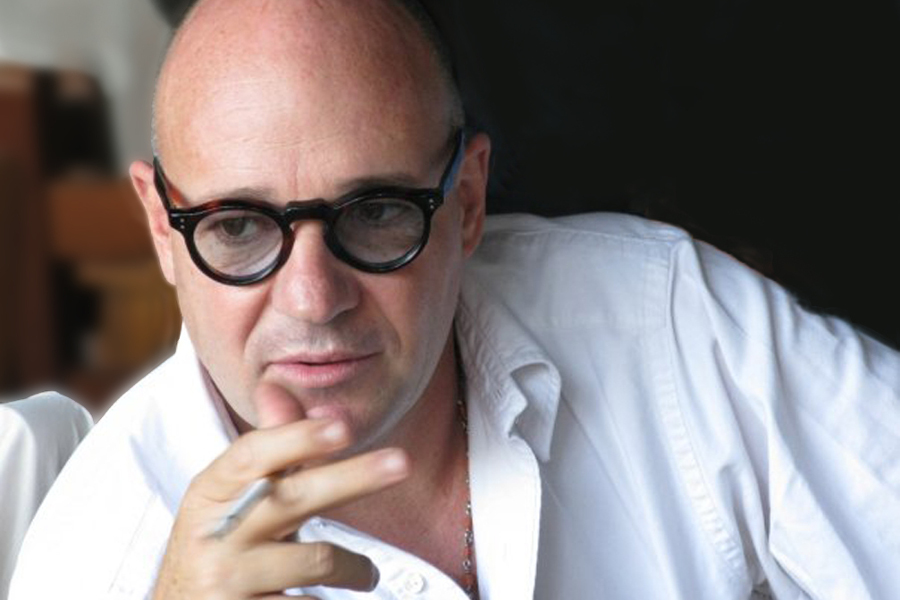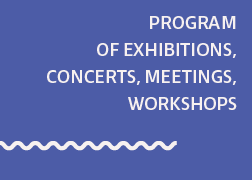We present directors whose output had or is having a key influence on the directions of world cinematography.
The godfather of the international success of Italian documentary filmmaker Gianfranco Rosi is, in a sense, Bernardo Bertolucci. It was he who, as the chairman of the jury of the 70th Venice Film Festival, in 2013, awarded the Golden Lion Grand Prix to the author of the film “Sacro GRA” (“Roman Halo”). For the first time in the history of the oldest film festival in the world, the main prize was awarded to the director of a documentary film. The title GRA stands for Grande Raccordo Anulare, the name of the ring road encircling Rome. Rosi does not observe the anonymous cars speeding around the eternal city. He is interested in people who live near this halo. Unusual in their ordinariness, as if thrown beyond the mainstream of the world rushing along the way. Some are funny, others tragic, happy or lost. We look at them without a rush, just to realize that they are like characters from Fellini’s films, but for real, not fake.
This observation of man is a hallmark of all the works of the director who was born in Asmara. At the age of 13, when the war between Eritrea and Ethiopia broke out, his parents wanted to save him so they sent him on a military plane to Italy. He spent his youth between Rome and Istanbul, where part of his family lived. When he turned 20, he moved to New York and studied at the Tisch School of the Arts. During this time, he also made his first film, “Boatman”. It is a journey down the Ganges river, which is a type of raccordo anulare but in India, with indigenous people living on its shores. They work, play, meditate. As in the “Roman Halo”, mini-portraits of ordinary people create an extraordinary atmosphere in this document.
In 2016, Rosi once again won the Grand Prix, this time at the Golden Bear in Berlin for the film “Fuocoammare. Fire at Sea.” The refugee crisis as seen from the perspective of the inhabitants of the Italian island of Lampedusa, where boats with hundreds of people arrive daily: men, women and children. Immigrants from Africa who dream of freedom, peace and a better world. Rosi, who is not only a director but also a cinematographer of his films, looks into the eyes of immigrants. We have the impression that he finds his fears and traumas there when as a child he had to leave his home and set off into the unknown. Fuocoammare is an excellent film. Lampedusa is a symbol of a Europe that must find a way for the common existence of different worlds. Pretending they’re not there leads nowhere.
Notturno, a 2020 film, continues the theme, but this time Rosi travels with his camera along the borders of Iraq, Kurdistan, Lebanon and Syria, filming those who stayed there. Without words, only images that are suggestive enough to feel the drama of everyday contact with danger, and to see the terror in the eyes of children and a world where darkness reigns in spite of the sun.
Very difficult topics but meeting with the work of Gianfranco Rosi is important to remember what is paramount in life.
Grażyna Torbicka
Fire at Sea
reż|dir Gianfranco Rosi | IT, FR | 2016 | 108 min more...










FOLLOW US